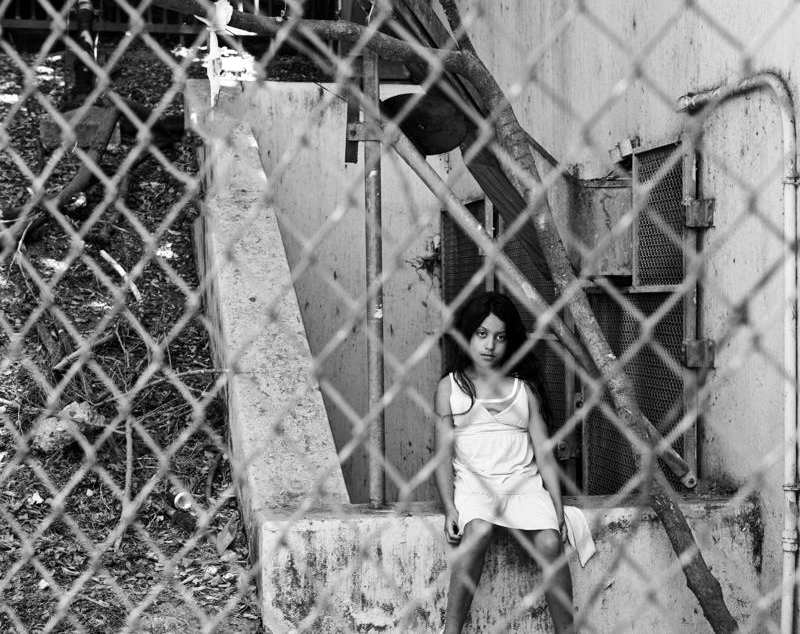If one were to juxtapose the words “penitentiary” and “morality” under normal circumstances, he or she might perceive the relationship between the two as mutually exclusive.
But in the context of Miguel Piñero’s “Short Eyes,” which will be performed as a co-production between the Urban Theatre Movement and the Latino Theater Company at the Los Angeles Theatre Center, the exploration of the moral dilemmas faced by a group of prisoners gives insight into the highly complex inner workings of life behind bars.
The play, which derives its name from the slang term given to a pedophile, tells the story of a white middle-class man accused of child molestation as he navigates the confines of a predominately Hispanic and black New York City Detention House.
According to Julian Acosta, the play’s director and artistic director of the Urban Theatre Movement, the decision to perform the piece was a no-brainer once the rights to the play had been acquired.
“It’s rarely, rarely produced. It’s a beautiful play. It’s very human, it’s very intense, it’s very raucous … and it’s got a lot of heart,” Acosta said.
Written when Piñero was incarcerated for armed robbery in the early 1970s, “Short Eyes” was the first play written by a Latino playwright to be produced on Broadway.
The play was nominated for several Tony Awards and is considered to be a seminal play in theater history, Acosta said.
A radical change in the structure of penitentiaries occurred during the 1970s, which dramatically altered the interactions between those incarcerated. This is what makes Piñero’s play so groundbreaking, according to Mark Rolston, who plays the prisoner “Longshoe” Charlie Murphy.
“The situations that the characters find themselves in, and the sort of permissiveness and pervasive threat of violence (they experience), is particular to the ’70s,” Rolston said.
For example, the relationship between male prisoners became increasingly sexual, according to Rolston. Many prisoners began to prey on other men for sexual favors during the ’70s, in stark contrast to the familial bond established as a means of survival in earlier years.
Richard Martinez, assistant director of the play and a UCLA alumnus, said that it was the rare perspective of the prisoners, in addition to the historical context of the play, that attracted him to the project.
“When I was at UCLA … I got to do a scene from “˜Short Eyes’ in one of my directing classes. In researching it and finding out the history (of) the play and how it was first done by prisoners, (it) was really fascinating to me. It changed the landscape of theater in the ’70s,” Martinez said.
“Short Eyes” marks a convenient crossover for Martinez on both a personal and professional level, as he gets to work with his mentor, Jose Luis Valenzuela. Valenzuela is a professor at the UCLA School of Theater, Film and Television, and also serves as the artistic director of the LATC as well as the artistic director of the Latino Theater Company.
“It’s sort of like both my worlds are being married because, after UCLA, I came to work at LATC with (Valenzuela),” Martinez said.
Above all, Acosta said that he wants the viewer to have a riveting experience upon watching the play.
“I want (viewers) to have a strong point of view. Whether it was, “˜That was disturbing’ or “˜I did not need to see that.’ It’s almost offensive when someone walks out of a play and says “˜Eh, that was cute.'”
